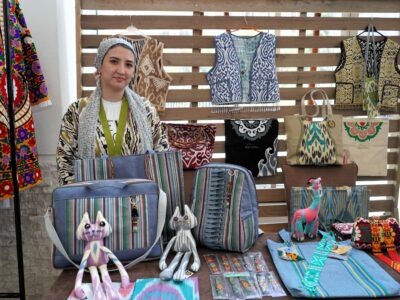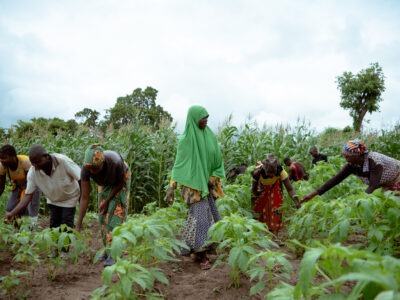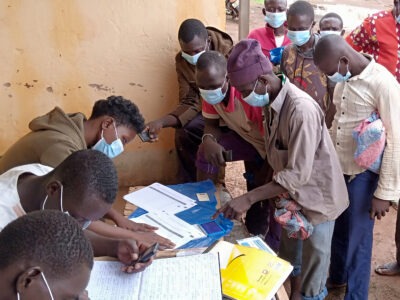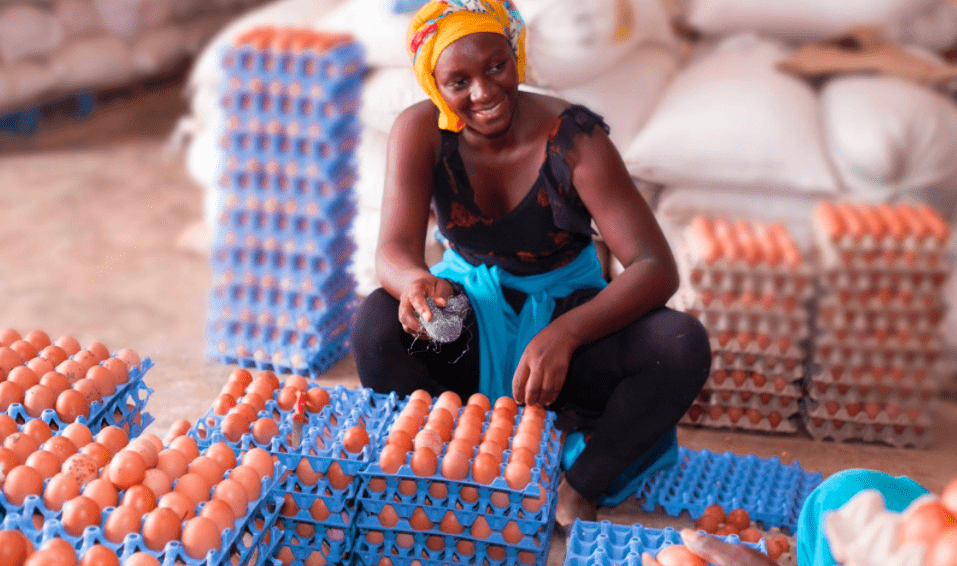
The ravaging effects of the COVID-19 pandemic have taken their toll on economies around the world. In the midst of restrictions, poultry producers in Ghana faced difficult choices. Their largest clients — schools, hotels, restaurants, markets, and wayside bars — closed temporarily because of the global health crisis. Household consumption of poultry took a nosedive due to uncertainties, and the local egg supply chain collapsed. As a result, farmers were left with birds to feed at costs. Their egg stocks increased as prices dropped. Within two weeks, up to 500,000 trays of eggs had piled up at farm gates in the Ashanti and Brong Ahafo regions alone, causing a severe egg glut.
Farmers in rural areas were hit the hardest by the disruption of their already volatile supply chains. Most market centers that normally absorb their products closed to prevent the spread of the virus. Meanwhile, large-scale producers felt less of an impact because many of them have varied supply chains or the ability to quickly diversify their marketing strategies.
In a desperate attempt to sell, farmers slashed egg prices up to 30 percent, yet most of them still stuggled to sell. If the situation lingers, they will have to sell off hundreds of thousands of productive birds and risk defaulting on their debts. This could further plunge an already fragile sector.
Helping economies sustainably expand their agricultural trade and promote food security is a priority of the U.S. Department of Agriculture (USDA), which supports Ghana’s poultry sector through the Ghana Poultry Project (GPP), implemented by ACDI/VOCA since 2015. Through broad-based partnerships, GPP designed and executed strategies to better respond to the new market dynamics created by COVID-19 and to stimulate the local poultry sector back into action.
Advocating for Poultry Farmers in the Media
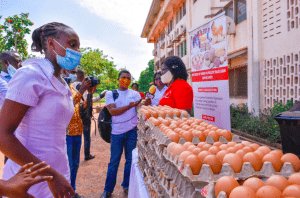
GPP helped poultry sector groups take a series of advocacy actions in collaboration with the local news media. These actions helped local Ghanaians understand the challenges facing the sector. The first effort, which made headlines on national television and social media, illustrated the plight of farmers and generated substantial public discourse. This set the tone for further action by way of a press briefing calling on the Ghanaian government, corporations, and individuals to sponsor packs of eggs for delivery to vulnerable groups of their choice. A sales desk was set up to coordinate all requests and orders from the public. The group then launched a media campaign promoting the nutritional benefits of eggs, especially as a source of vitamins that boost the immune system and help fight against COVID-19.
E-Marketing Efforts and the Public Response
To reach households during the lockdown, GPP linked farmers and large egg producers in rural areas with digital marketing firms, including AkokoMarket and Nampa Market, to help list and promote their products via online platforms.
Thanks to these advocacy efforts, industry players and GPP officials appeared on several high-profile media platforms, including national television and radio, to engage the public and Ghanaian government in strategies to help poultry farmers stay in business. During these engagements, GPP outlined roadmaps to rally the government, industry actors, and other stakeholders to address the inherent structural weaknesses, lack of diversified processing options, and inadequate investments in sustainable poultry processing and marketing systems in Ghana.
Within two weeks, the egg desk received dozens of calls requesting to do business with the farmers. Buyers were linked directly to farms and thousands of crates of eggs moved from rural areas to cities. The government of Ghana supported the efforts by offering vans from Ghana Post Limited, the state postal company, to transport the eggs and reduce costs for farmers. The campaigns led to more household consumption in the Greater Accra and Ashanti Regions, as more eggs moved from the farm gates.
“We produce 4,000 crates of eggs per day and, because the market women were unable to pick their orders, we had about two weeks’ production stuck on the farm. After the media engagements, we started receiving calls from all over, which enabled us to clear a bulk of our stocks. We are now able to sell 60 percent of our total weekly production and the coming weeks look promising.”
— Kwabena Takyi, manager of SamTak Farms in Kumasi (Ashanti Region)
Several philanthropists also donated crates of eggs to certain institutions. On June 5, the Women in Poultry Value Chain began distributing donated eggs to institutions in Accra, including the Accra Psychiatric Hospital at Pantang, which also received 70 trays of eggs from an anonymous donor.
GPP continues to support the sector on all fronts to increase market access and protect poultry farm investments.
Learn more about our work in Ghana.
Learn more about the USDA Ghana Poultry Project.

